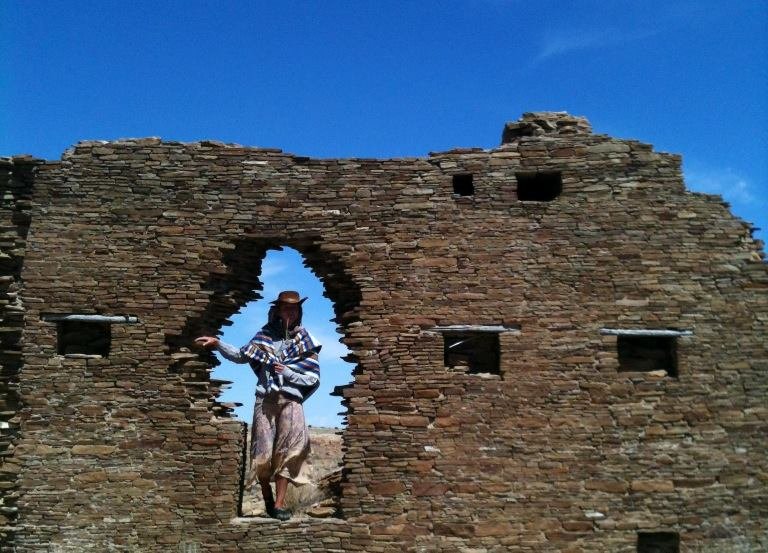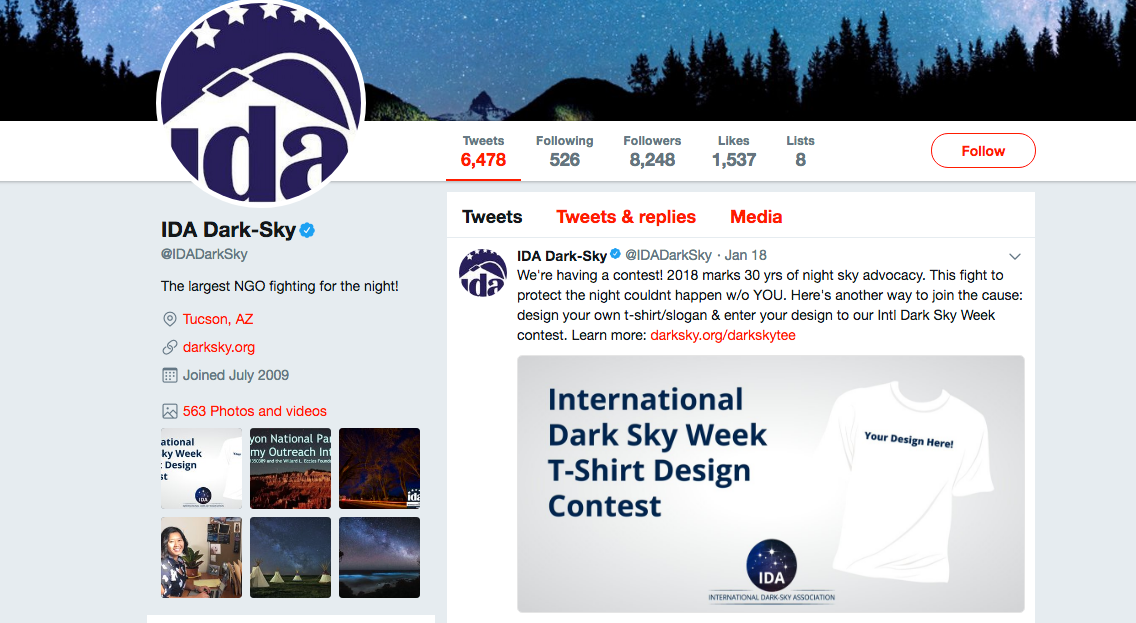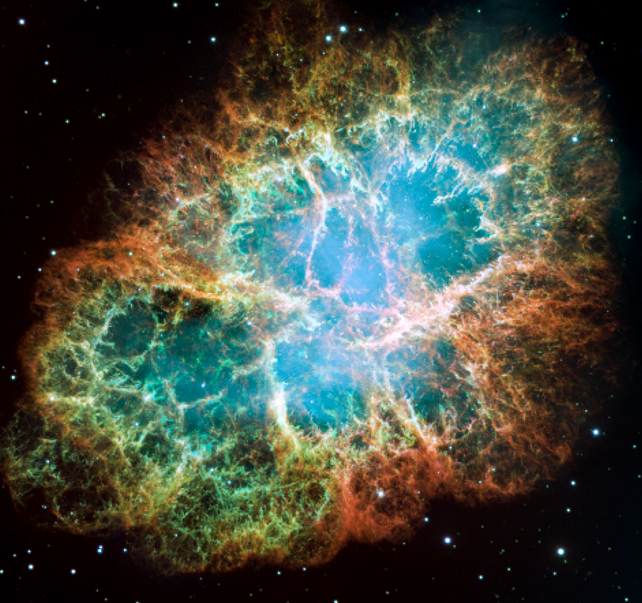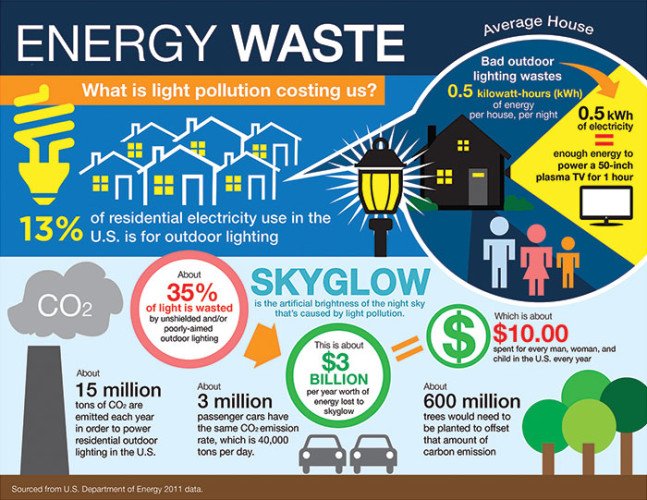Standing out under the stars tonight, I am reminded how nourishing the stars are.
How they teach and remind us of what it is to be human.
They put us down to size, reminding us how small we are in the big scheme of things. How there are entire galaxies out there beyond our Milky Way!
I live out in the country so I get to see more stars than most...
They are so nourishing to my soul!
It reminds me of a night spent in New Mexico at Chaco canyon...

(Me in a 1000 year old stone wall with original mud mortar at Chaco Canyon in New Mexico)
We went to see through the big telescope and looked at super novas that were all sorts of colors...
That night I learned about the International Dark Sky Association and that 80% of humans never see stars! Man that just broke my heart!!
"According to the 2016 groundbreaking “World Atlas of Artificial Night Sky Brightness,” 80 percent of the world’s population lives under skyglow. In the United States and Europe 99 percent of the public can’t experience a natural night!"
All humans deserve to see stars!
Light pollution has definitely taken over, especially in cities.
As the International Dark Sky Association (IDA) says on their website:
"Less than 100 years ago, everyone could look up and see a spectacular starry night sky. Now, millions of children across the globe will never experience the Milky Way where they live. The increased and widespread use of artificial light at night is not only impairing our view of the universe, it is adversely affecting our environment, our safety, our energy consumption and our health."
How Bad is it where I live? (<<< click here)
Where Can I See the Stars!?!?! (<<< click here)
Here’s what you can do to lower light pollution on where you are:
Find Dark Sky Friendly Lighting
Follow IDA on Twitter... To keep abreast at recent news:

Twitter
And from the IDA's website:
"You can start by minimizing the light from your own home at night. You can do this by following these simple steps.
- Learn more. Check out our Light Pollution blog posts
- Only use lighting when and where it’s needed
- If safety is concern, install motion detector lights and timers
- Properly shield all outdoor lights
- Keep your blinds drawn to keep light inside
- Become a citizen scientist and helping to measure light pollution




